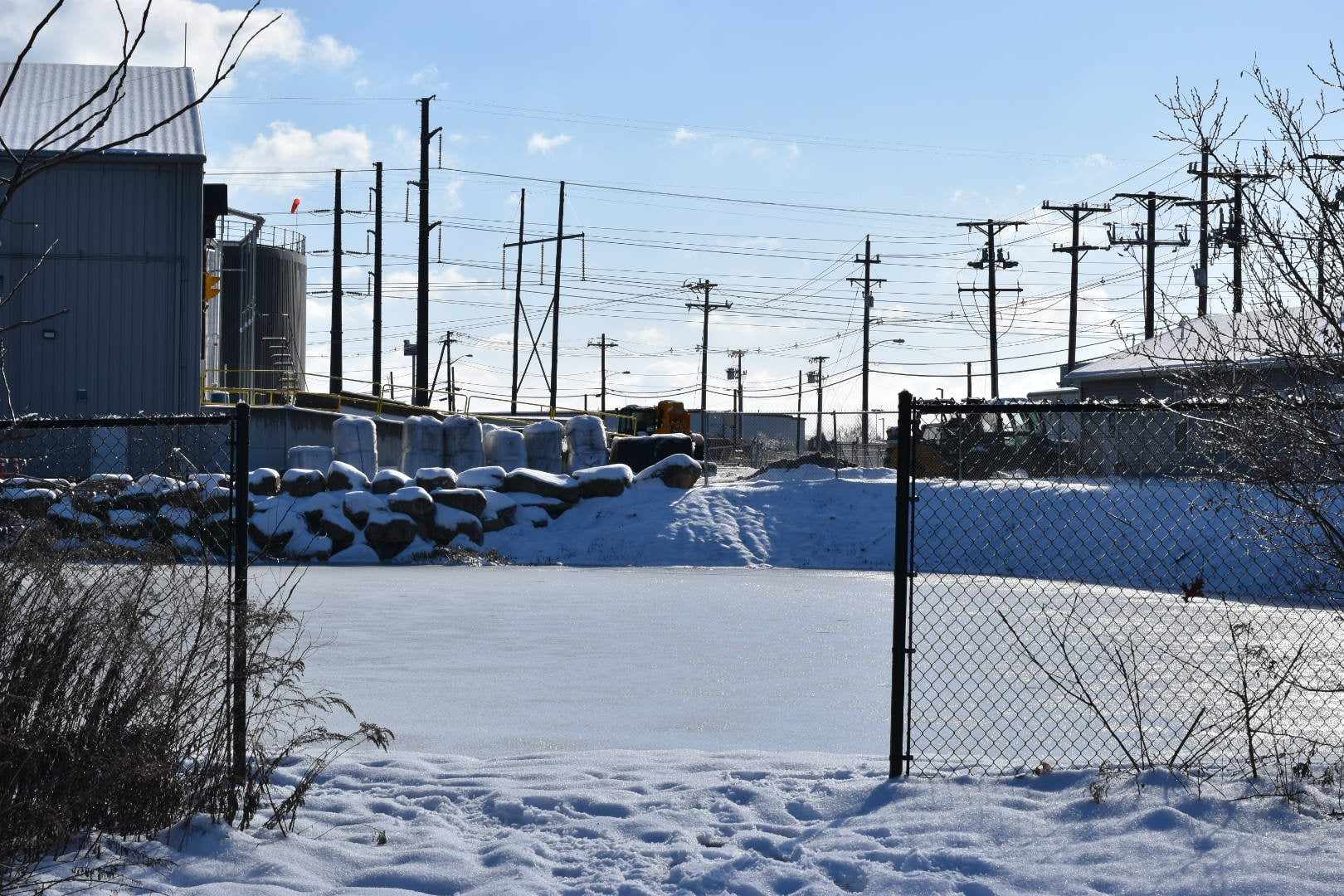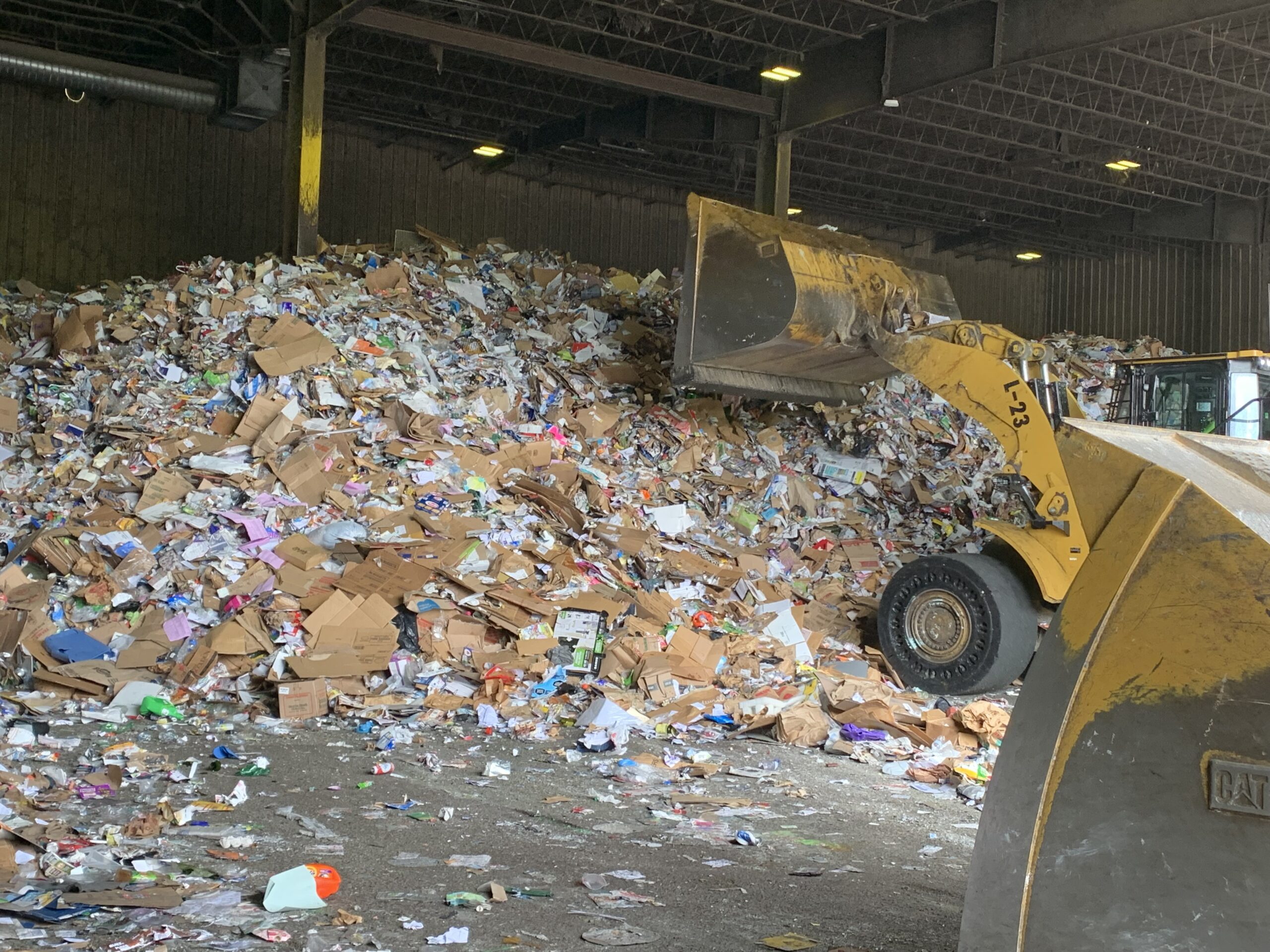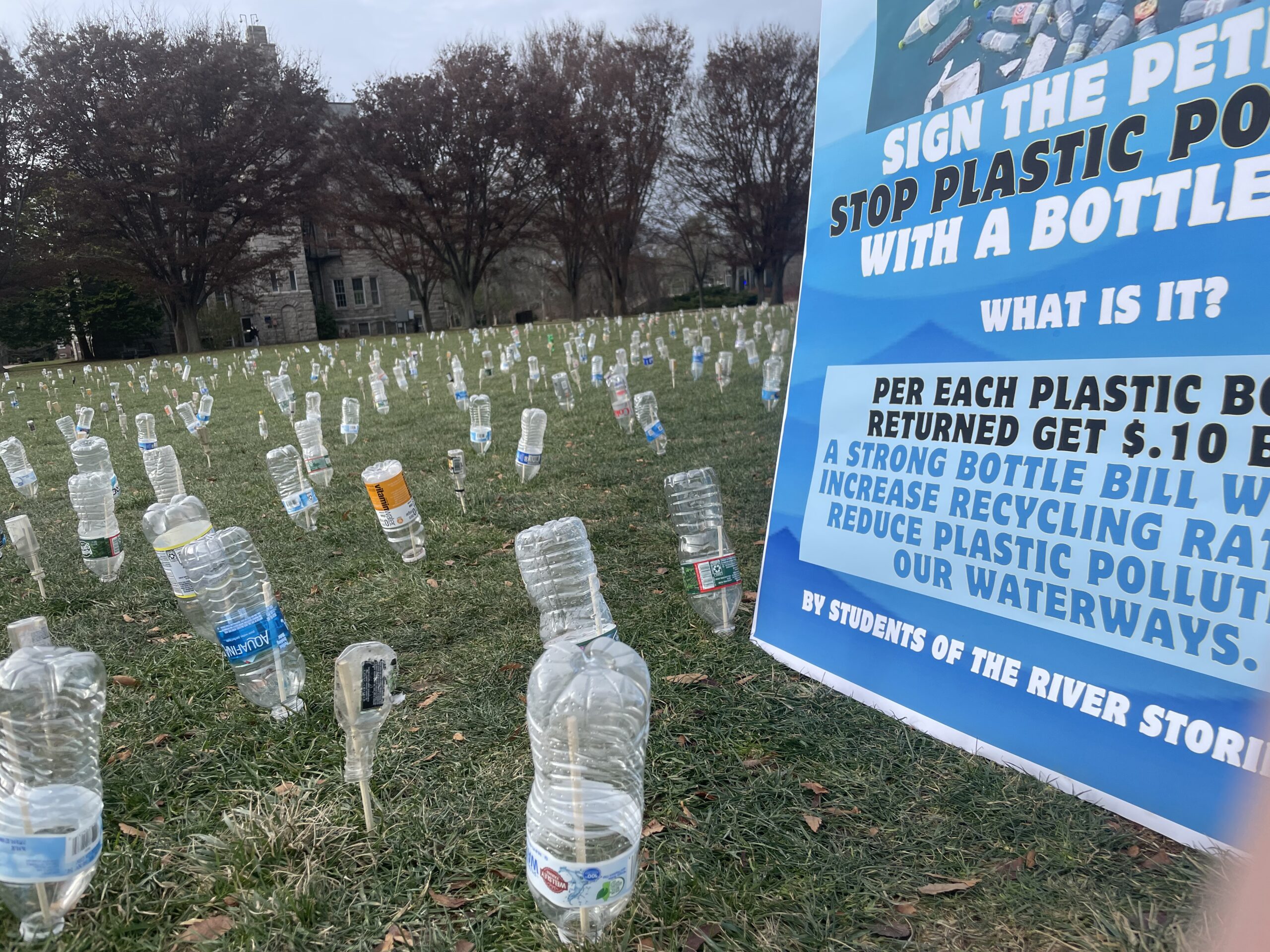Preventing Food from Being Wasted Builds Community
Reducing food waste saves money and makes a difference
March 15, 2021
Forty percent of food grown and imported in the United States is wasted. Of that, nearly half is generated by consumer-facing businesses — supermarkets, restaurants, dining halls, etc.
But local participants within these gustatory businesses are invested in changing that.
During a recent morning virtual presentation titled “The Business Case for Reducing, Rescuing, and Recycling Food Waste” hosted by the University of Rhode Island, members of the local food scene discussed efforts to reduce, reuse, and mitigate food waste.
“I know this can seem daunting, but in actuality, there are many opportunities to tackle this waste,” said Coryanne Mansell, a strategic service representative for the Center for EcoTechnology (CET), a Massachusetts-based nonprofit focused on saving energy and reducing waste. “We can prevent it. We can rescue the edible surplus and we can also send the wasted food to feed animals, create nutrient-rich soil amendment, or create energy.”
Abbey Massuro, an environmental specialist for CET, noted during the March 10 presentation that the Environmental Protection Agency’s food recovery hierarchy (pictured at right) is a great tool to help businesses prioritize solutions that can make the biggest difference.
To hit a target goal of overall prevention of food waste from the start, Massuro suggested conducing a self-audit to examine what customers are eating, take a look at portion sizes and their relationship to food waste, and observe which dishes are creating the most waste.
She also noted that reducing food waste, while good for the planet and for people, often saves businesses money in waste management costs.
Tom Cronin, manager of URI’s Butterfield Dining Hall, described how he and his staff found out that a simple thing like going trayless could save not only food from being wasted, but also water, another precious commodity.
“We saw about three or four studies and they all came out and said that it would definitely cut food waste, and it would definitely save water, and it was just an opportunity to go trayless. So we just did it,” he said. “We didn’t conduct any surveys, we didn’t spend any money, we just took the opportunity from what we had learned … and implemented it ourselves. And in fact, we did see a dramatic cut in food waste, and we also saved 300-plus thousand gallons of water a semester.”
While URI Dining Services was able to make a variety of changes to reduce food waste — including but not limited to going trayless, installing a machine to compress waste, and composting — other panelists spoke of the challenges of mitigating food waste in a restaurant setting.
“We have more food waste than probably some normal restaurants because of the fact that we’re getting in whole produce, whole fish, chickens, and even whole sheep, on a very regular basis,” said Andrew McQuesten, chef at north restaurant in Providence. “So, we’re trying to find more creative ways to use that food waste, and some of them are really easy, and then for some of them we’ve had to do a little bit of research and almost become like scientists.”
Some solutions the restaurant has turned to include dehydrating peels and scraps to make flavorful powders and turning other bits and bobs from the kitchen into fermented vinegars to add a kick of acid to a dish.
“The flavor you get is so intense from even something like the skins. We have a beet powder, and you can use it as a dye; we recently used it for our Valentine’s day specials where we were tinting cream cheese frosting with beet powder,” McQuesten said. “Another really easy thing we do is making our own vinegars. I have some ginger vinegar and that’s made just by taking off the peels off ginger and steeping it in vinegar. The flavor you get is like straight ginger, but a little more advanced.”
Another aspect that the panel touched upon was saving edible foodstuffs and donating them to those in need.
George L. Ortiz Jr. is one of the founders of The Elisha Project, which salvages edible leftovers to donate to those in need. The Rumford-based organization started in 2011 by saving day-old bread from local bakeries and giving it to homeless people.
Since then, The Elisha Project has grown to include rescuing food from large companies such as Costco and Whole Foods.
This past year proved challenging for the organization, with the coronavirus pandemic causing increased food insecurity in Rhode Island; the Rhode Island Community Food Bank’s 2020 Status Report on Hunger found that 1 in 4 households in the state was food insecure.
“We had to scale up during COVID,” Ortiz said. “At the beginning of COVID, we were serving 500 families all from mostly rescued food. So that was 500 families per week that were getting food from 25 Rhode Island restaurants and three universities. At the end of December, we were at 47,000 families, and we ended the year with 21 million pounds of food that we rescued or had a part in rescuing.”
Ortiz noted that while most people think of food rescue and food insecurity as only happening in urban areas, it’s actually a statewide problem.
“We deliver food all the way down to Hope Valley, Gloucester, Burrillville … and I quickly learned that it’s everywhere,” he said. “That people are in need everywhere.”
The panelists agreed that preventing food waste, mitigating it, and salvaging edible food leftovers is a manageable feat, and that sometimes, you just have to dive right in.
“If I was going to say anything, it would just be that you just start,” Cronin said. “You know I think the hardest thing is taking that first step, but sometimes you lose the good in search of the perfect.”




Great story! What about composing? Did the panelists talk about food to compost or food to energy?